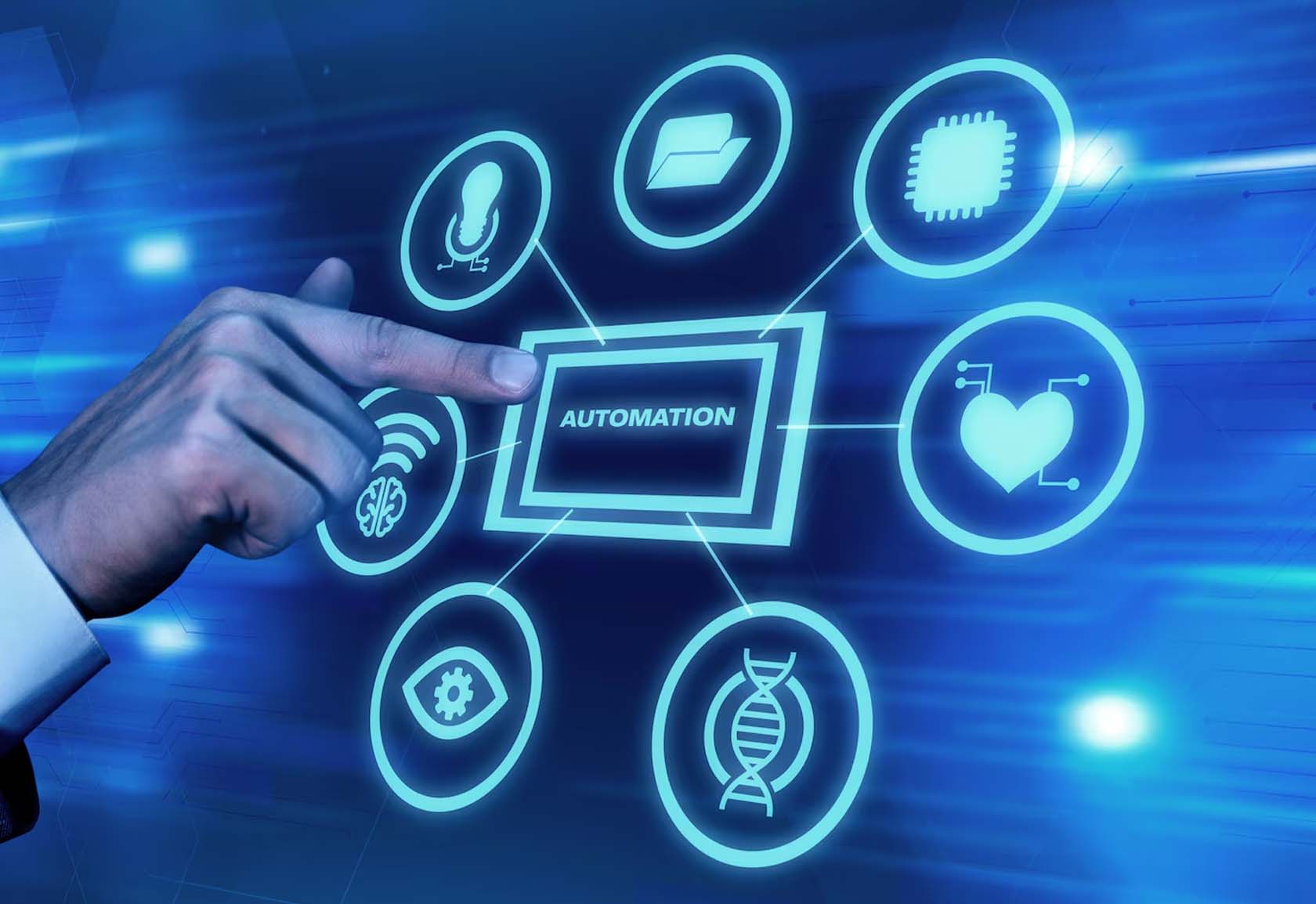In today’s rapidly evolving technological landscape, the future of work is undergoing a profound transformation. Automation technologies are revolutionizing industries across the globe, reshaping traditional workflows, and redefining the roles of human workers. In this blog, we’ll delve into the fascinating realm of automation, exploring its impact on various sectors and what this means for businesses and the workforce.
Before diving into the implications, it’s crucial to grasp what automation entails. Simply put, automation involves the use of technology to perform tasks that were once carried out by humans. These technologies range from robotic process automation (RPA) to artificial intelligence (AI) and machine learning (ML), each with its own set of capabilities and applications.
Automation isn’t limited to a single sector—it’s permeating industries far and wide. Manufacturing, for instance, has long been a frontrunner in adopting automation, with robots handling assembly lines and precision tasks. However, automation isn’t confined to the factory floor; it’s also making waves in fields like healthcare, finance, retail, and even creative industries like marketing and content creation.
One of the primary benefits of automation is its ability to enhance efficiency and productivity. By automating repetitive and mundane tasks, businesses can streamline operations, reduce errors, and accelerate processes. This efficiency gain translates into cost savings and allows employees to focus on higher-value activities that require human creativity and problem-solving skills.
While automation presents opportunities for optimization, it also necessitates a shift in the skills required of the workforce. As routine tasks become automated, there’s a growing demand for skills such as data analysis, programming, and critical thinking. To thrive in the age of automation, individuals and businesses alike must prioritize reskilling and upskilling initiatives to remain competitive in the job market.
Despite the rise of automation, the human element remains indispensable. Machines excel at repetitive tasks and data processing, but they often lack the empathy, creativity, and nuanced decision-making capabilities of humans. Therefore, successful integration of automation requires a balanced approach that leverages technology while preserving the unique strengths of human workers.
As automation continues to advance, it’s essential to address ethical considerations surrounding job displacement, data privacy, and algorithmic bias. Businesses must ensure that automation initiatives prioritize the well-being of workers and uphold ethical standards in data usage and decision-making processes.
The future of work isn’t set in stone—it’s shaped by our collective ability to adapt and innovate. Businesses that embrace automation as a tool for transformation, rather than a threat to job security, stand to gain a competitive edge in the marketplace. By fostering a culture of continuous learning and innovation, organizations can harness the full potential of automation to drive growth and prosperity.
Wrap Up:
In conclusion, the future of work is intrinsically linked to the evolution of automation technologies. By understanding its impact across industries, embracing skill development initiatives, and fostering a human-centric approach, businesses can navigate the complexities of automation and unlock new opportunities for success in the digital age. Embracing change is key to thriving in a world where automation is reshaping the way we work, collaborate, and create value.




